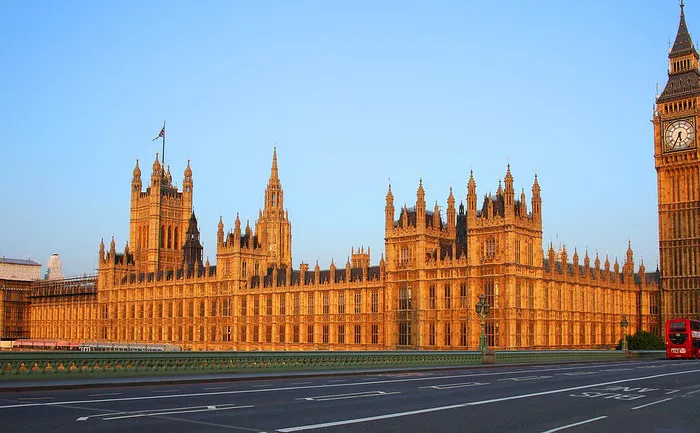December 3 has witnessed several significant events in Canadian history, reflecting the country’s evolving political landscape, social movements, and cultural milestones. This article details these events, providing a comprehensive overview of their historical context and implications.
What Happened on December 3 in Canadian History?
The Statute of Westminster (1931)
One of the most pivotal events in Canadian history that occurred on December 3 is the passage of the Statute of Westminster in 1931. This legislation marked a crucial step towards full legislative independence for Canada and other British dominions such as Australia, New Zealand, South Africa, and Ireland. Prior to this statute, Canada was subject to British parliamentary authority, meaning that any laws passed by the Canadian Parliament could be overridden by the British Parliament.The Statute of Westminster effectively granted Canada full control over its domestic and foreign affairs. It established that no act of the British Parliament would apply to Canada unless Canada explicitly requested it. This change was significant as it allowed Canada to develop its own identity and governance structure independent of British influence. The statute is often viewed as a foundational moment in Canada’s journey towards complete sovereignty, culminating in the patriation of the Constitution in 1982.
The First Civic Election Under Proportional Representation (2004)
On December 3, 2004, Winnipeg held its first civic election under a proportional representation system. This election was significant as it represented a shift in how local governance was approached in Manitoba’s capital. Proportional representation aims to create a more equitable electoral system where the number of seats won by a party reflects the number of votes received.The implementation of this system was part of broader electoral reforms aimed at increasing voter engagement and ensuring that diverse voices were represented in local government. This election allowed for a more inclusive approach to politics in Winnipeg, providing opportunities for smaller parties and independent candidates to gain representation.
The Birth of Notable Canadians
Several notable Canadians were born on December 3, contributing significantly to various fields such as literature, sports, and entertainment.
Joseph Conrad (1857): Born in Poland but later becoming a British citizen, Conrad is celebrated for his literary contributions, particularly novels like Heart of Darkness and Lord Jim. His works often explore themes of imperialism and human psychology.
Anna Freud (1895): A pioneer in child psychoanalysis, Anna Freud was instrumental in developing therapeutic techniques for children and contributed significantly to the field of psychology through her writings and practices.
David Villa (1981): A prominent Spanish footballer known for his exceptional skills on the field, Villa has made substantial contributions to sports both in Spain and internationally.
These individuals exemplify the diverse contributions that Canadians have made across various disciplines.
The Deaths of Influential Figures
December 3 has also been marked by the deaths of notable figures whose legacies continue to impact Canadian society:
Princess Louise, Duchess of Argyll (1939): As a member of the British royal family who lived in Canada for several years, Princess Louise played an important role in fostering ties between Canada and Britain during her time.
Robert Louis Stevenson (1894): Although Scottish by birth, Stevenson’s works have been widely read and appreciated in Canada. His storytelling has influenced generations of writers and readers alike.
Cultural Milestones
The date has also seen various cultural milestones that reflect Canada’s rich heritage:
First Public Demonstration of Neon Lights (1910): While not exclusively Canadian, this event marked an important moment in urban culture that would influence cities across Canada. Neon lights became synonymous with modernity and urban life, transforming cityscapes into vibrant displays.
The Release of Significant Films: December 3 has seen various film releases that have contributed to Canadian cinema’s evolution. These films often reflect societal issues or celebrate Canadian culture.
Conclusion
December 3 holds a special place in Canadian history due to its association with significant legislative changes, notable births and deaths, and cultural milestones. The events that transpired on this day illustrate Canada’s journey towards independence, its commitment to inclusive governance, and its rich cultural tapestry. As we reflect on these historical moments, it is essential to recognize their lasting impact on contemporary Canadian society and identity.
Related Topics:

